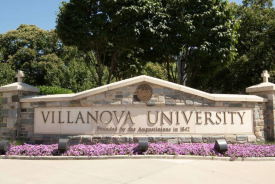Researchers at the Universitas Gadjah Mada in Indonesia found that the timing of food consumption in the early phase of TB treatment could negatively affect its effectiveness. They said that intake of food just before taking a TB drug might make the drug less effective.
For the study, the researchers observed 20 patients who were about to embark on a TB treatment. The participants were given the usual sequence of TB drugs including isoniazid, rifampicin, pyrazinamide and ethambutol. The drugs were injected on first day and administered orally on the second and third day.
The researchers took blood samples from each participant while fasting and with a high carbohydrate meal. They used an analytical chemistry technique, called liquid chromatography tandem-mass spectrometry, to separate the sample and identify the chemicals present. Through this technique, the researchers determine concentration levels of the drug reaching the circulation.
The researchers found that when the drugs were given just after a high-carbohydrate meal, there were lower amounts of isoniazid, rifampicin, and pyrazinamide in the blood when compared to a fasting state. This indicates that consumption of a high carbohydrate meal before taking the drugs can render the medicine less effective.
"As the research was conducted in the same people and the same environment, the only variable was the meals and we therefore know that food can have an impact on the concentration of the drugs in the blood. The findings may have significant implications for clinical practice as we must ensure that patients are taking the drugs in the correct way to be as effective as possible," Dr Lead author Antonia Morita Iswari said in a press release.
© 2026 University Herald, All rights reserved. Do not reproduce without permission.








